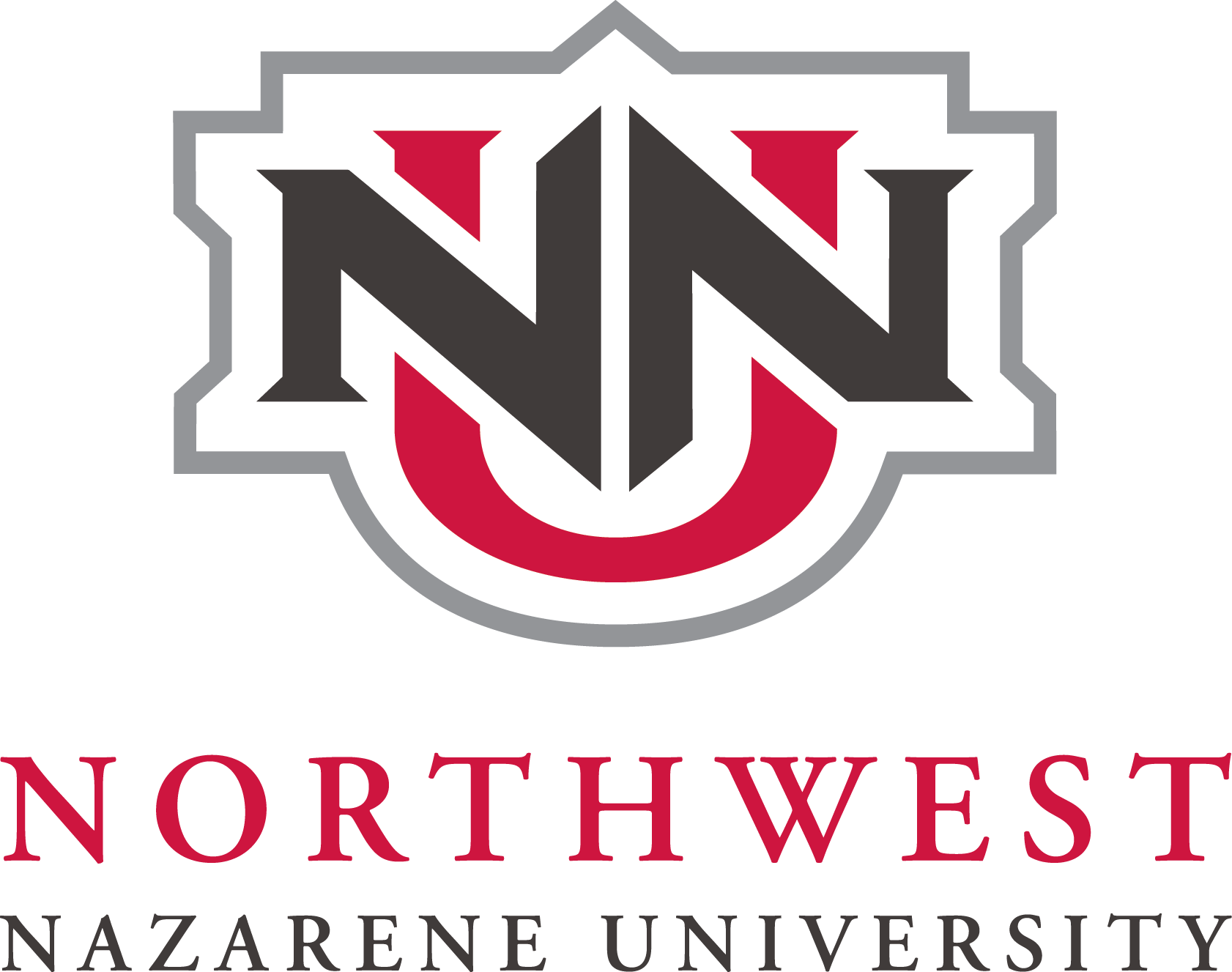You’ve decided. You’re going back to school to pursue an advanced degree. Congratulations! It’s a big decision and a big commitment. It’s also a big financial commitment, but more than that, it’s an investment in your future. You’re probably aware of traditional funding sources like scholarships, grants, and student loans, but there are also creative ways to finance your education. Here are 10 ideas you might not have thought of.
1. Employer Sponsorship
If you are employed, see if your employer offers tuition reimbursement or sponsorship programs. You might be surprised how many companies are willing to invest in their employees’ education, especially if the degree is relevant to your job. If you have this benefit, you might need to commit to staying with your company for a certain period after graduation, but it can significantly reduce your out-of-pocket expenses.
2. Crowdfunding
We’ve all seen them. GoFundMe, Kickstarter and Indiegogo are popular for raising money for all kinds of causes: medical expenses, a crisis situation, new products, and charitable giving. I bet you didn’t know these platforms can also help you raise money for education. Creating a compelling campaign explaining your educational goals and how the degree will impact your future can attract donations from friends, family and even strangers who believe in your mission. Give it a try!
3. Online Gig Economy
Leverage the gig economy to generate extra income while studying. Platforms like Upwork, Fiverr and Freelancer offer opportunities for freelance work in areas such as writing, graphic design, programming and consulting. You can earn extra money on a flexible schedule that accommodates your academic commitments.
4. Tuition Payment Plans
Some universities offer tuition payment plans that allow you to spread out the cost of tuition over several months or even the entire academic year. These plans can make the financial burden more manageable by breaking down large tuition bills into smaller, more affordable payments. NNU has this option. Check out NNU’s grad finance FAQs here.
5. Scholarships and Grants from Unconventional Sources
Getting a traditional scholarship or grant is competitive. So, consider applying for awards from unconventional sources. Many professional organizations, community groups and private foundations offer scholarships for graduate students in specific fields. Websites like Fastweb and Scholarships.com can help you find these lesser-known opportunities.
6. Competitions and Prizes
Have you ever tried an academic competition or contest? This can be another way to earn money for your education. Many organizations sponsor contests with cash prizes for research papers, business plans, or innovative projects. Winning these competitions not only provides financial support but also enhances your resume. (Plus, you might be able to use what you create in your academic program!) If this sounds far-fetched, check out this story from Clemson University.
7. Military and Public Service Programs
If you have a background in military service or are willing to commit to public service, programs like the GI Bill or the Public Service Loan Forgiveness (PSLF) program can help fund your education. These programs offer substantial financial benefits in exchange for service commitments.
8. Living Frugally
While it might not always be fun, adopting a frugal lifestyle can help you stretch your budget further. Consider sharing housing with roommates, cooking meals at home and taking advantage of student discounts. Every dollar saved is a dollar that can be put towards your tuition and living expenses.
9. Alumni Networks and Professional Connections
Leverage your undergraduate institution’s alumni network and your professional connections. Alumni may offer mentorship, advice and even financial support through scholarships or grants. Networking can also lead to job opportunities or paid internships that help fund your studies.
10. Assistantships and Fellowships
Many universities offer assistantships and fellowships, which provide financial support in exchange for work or research. Teaching assistantships (TAs) involve assisting professors with course-related tasks, such as grading and conducting tutorials. Research assistantships (RAs) involve working on academic research projects. These positions often come with tuition waivers and stipends, making them a valuable option for graduate students.
These are only 10 ideas. You probably have more resources than you think. Take some time to consider these suggestions and add to them. Graduate school is definitely an investment, but it pays off in the long run. You’ll not only feel accomplished with a new degree, but it will also open new doors to your future!








